Directory
- Share
Kendell Pawelec
- Alumni
- United States
- 2010 PhD Materials Science and Metallurgy
- Pembroke College
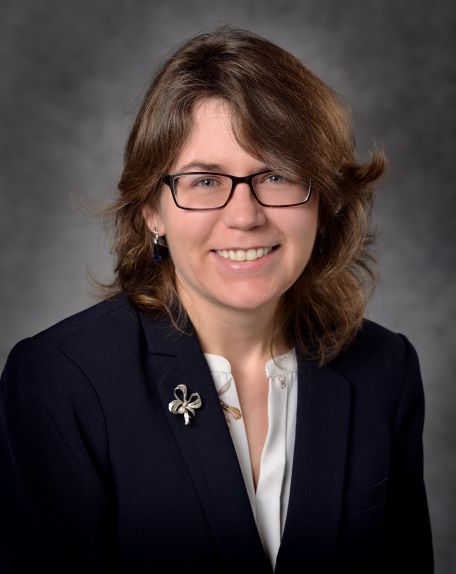
Kendell Pawelec
- Alumni
- United States
- 2010 PhD Materials Science and Metallurgy
- Pembroke College
In the spring of 2014, I finished my PhD in Materials Science and Metallurgy in Cambridge as a Gates scholar, and member of Pembroke College. My research in the field of biomaterials - materials which are in contact with living tissue - has continued though several postdoctoral appointments in Europe and the US. This has included pioneering the use of new materials for bone regeneration, and solving complex manufacturing challenges related to nerve repair implants that guide repairing nerve across a lesion site, all with the focus of improving patient recovery. With an interest in the translation of biotechnology, I have served as an Entrepreneur-in-Residence with Spartan Innovations (an affiliate of Michigan State University Foundation), and the CEO of a pre-clinical therapeutics company. Currently, I am an assistant professor at Michigan State University and engage with the entrepreneurial community as a biomedical engineering consultant.
Maria Pawlowska
- Alumni
- Poland
- 2007 PhD Earth Sciences
- Clare College
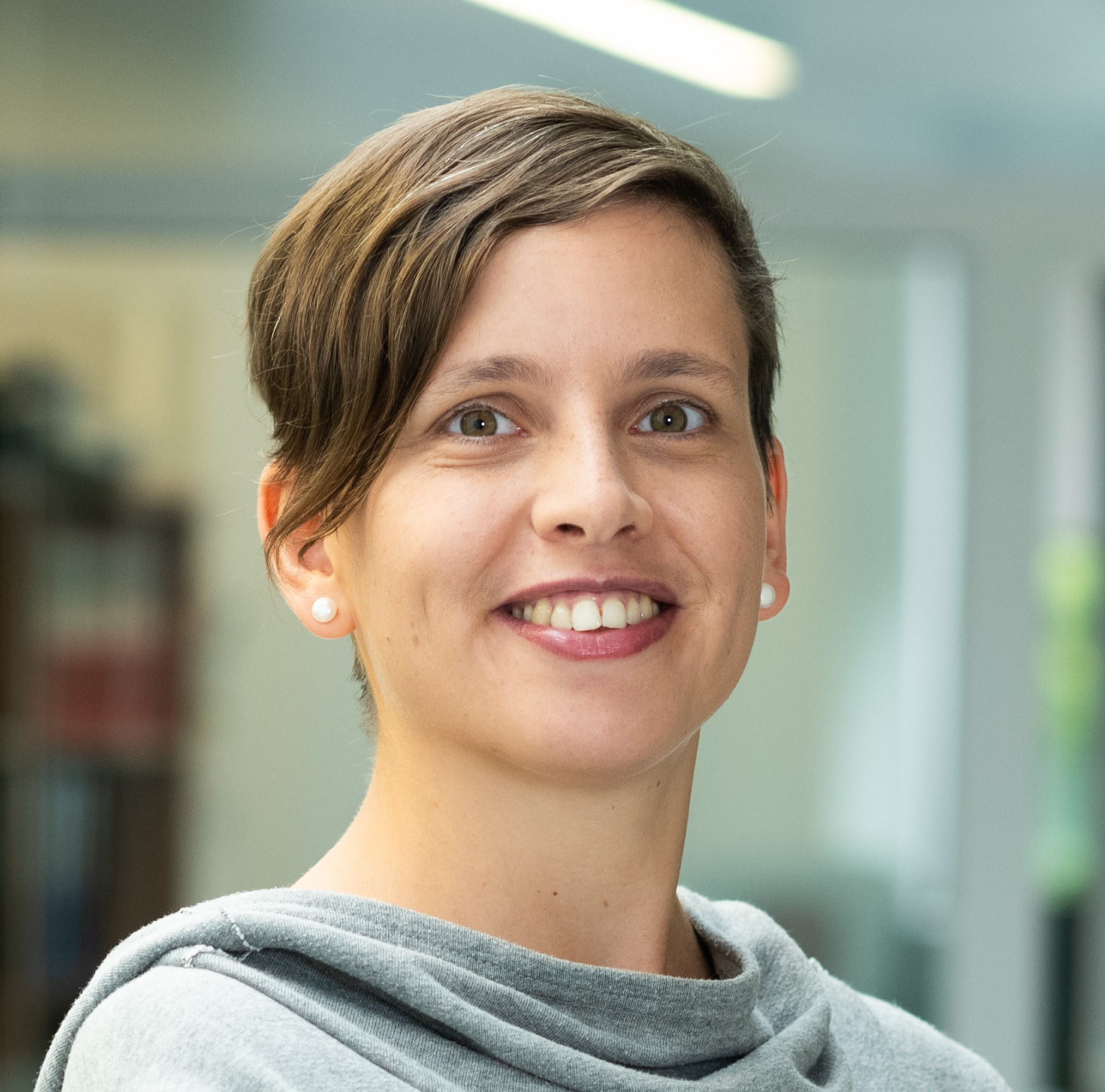
Maria Pawlowska
- Alumni
- Poland
- 2007 PhD Earth Sciences
- Clare College
Science policy and administration expert with a focus on research and development management, quantum technologies. data management and international relations.
Links
https://www.visnea.org/team
https://www.linkedin.com/in/maria-pawlowska-a77ab334
Camille Paxton
- Alumni
- United States
- 2004 PhD Biology
- Downing College
Camille Paxton
- Alumni
- United States
- 2004 PhD Biology
- Downing College
Richard Payne
- Alumni
- New Zealand
- 2002 PhD Chemistry
- Downing College

Richard Payne
- Alumni
- New Zealand
- 2002 PhD Chemistry
- Downing College
Irene Peano
- Alumni
- Italy
- 2005 PhD Social Anthropology
- King's College
Irene Peano
- Alumni
- Italy
- 2005 PhD Social Anthropology
- King's College
My research will focus on issues of gender, sexuality and the body in the context of sex workers trafficking from Nigeria to Italy. I aim at actively contributing not only to anthropological knowledge, but also to more political and social issues related to the lives of these women within a wider social context, in a time when migration and the rights of migrants are becoming a central issue for European and global politics.
Tammy Pearl
- Alumni
- South Africa
- 2005 MPhil Biochemistry
- St John's College
Tammy Pearl
- Alumni
- South Africa
- 2005 MPhil Biochemistry
- St John's College
My mother calls me painful and messy. I prefer to say that I am inquisitive and creative. I find the molecular pathways that govern life miraculous and so, surprise, I am doing my MPhil in biochemistry. My family hopes I’ll come out of Cambridge a well spoken posh lady, I am hoping for a lot more (I think I am already a well spoken posh lady... hehe). Jokes aside, I am extremely grateful to the Gates Trust for affording me this opportunity and all I can say is that I plan to achieve great things
Annika Pecchia-Bekkum
- Alumni
- United States
- 2014 PhD Medicine
- Pembroke College
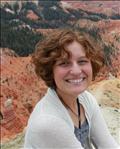
Annika Pecchia-Bekkum
- Alumni
- United States
- 2014 PhD Medicine
- Pembroke College
In all but birthplace, I’m effectively a Salt Lake City, Utah native, but somehow managed to avoid becoming an avid skier. I started college a little early at Salt Lake Community College, then transferred to the University of Utah where I graduated with honors degrees in both Chemistry and English. I graduated with a Master’s degree in Chemistry also at the University of Utah. At Cambridge, I am working with Drs. K.G.C. Smith and Paul Lyons in the Cambridge Institute for Medical Research. After my time at Cambridge, I plan on completing postdoctorate research and then attending medical school. Ultimately, I wish to specialise in paediatric immunology and treat patients as well as conduct research.
Ana Pelaez
- Scholar
- Guatemala
- 2020 PhD Latin American Studies
- Queens' College
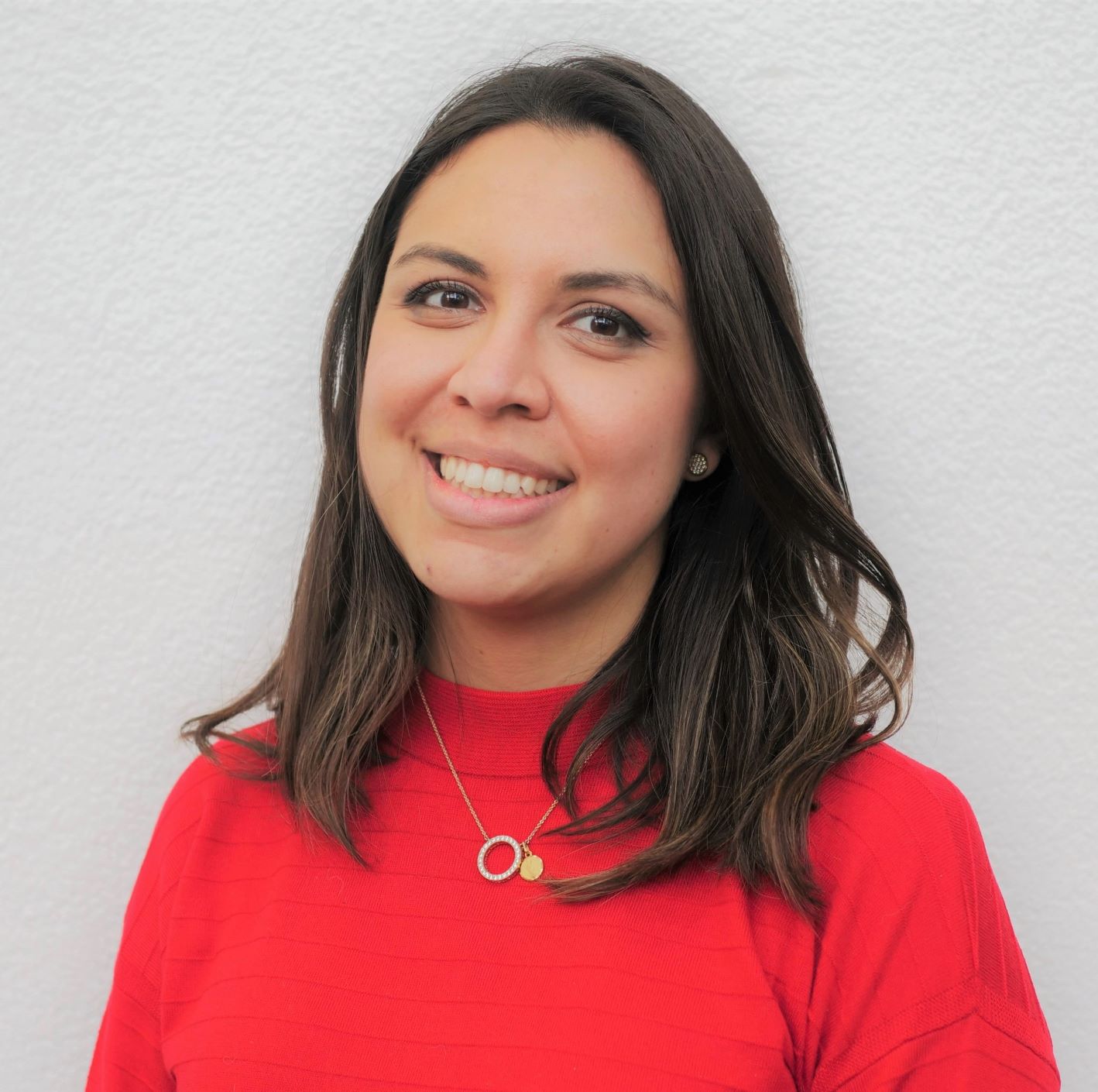
Ana Pelaez
- Scholar
- Guatemala
- 2020 PhD Latin American Studies
- Queens' College
I grew up in Guatemala where I completed a BA in Politics. Throughout my life, I've witnessed the structural challenges that my country faces, especially around the treatment of indigenous populations. To understand them better, I decided to pursue a masters degree. I was awarded the Rotary Peace Fellowship to study at the University of Bradford to study the MA in Peacebuilding and Conflict Resolution. During my PhD in Latin American Studies, I seek to explore the impact of social media in indigenous resistance movements. My goal in the short term is to return to Guatemala and teach at a university. In the long term, I want to establish the first research center in Guatemala focused on peace and conflict to inform public policies. I'm deeply honored by the trust that the Gates Cambridge Scholarship has placed in me and in my vision to be a catalyst for change in Guatemala.
Previous Education
University of Bradford Peacebuilding 2020
Universidad Francisco Marroquí Political Science 2013
Universidad Francisco Marroquí International Relations 2013
Kiera Peltz
- Alumni
- United States
- 2017 MPhil Sociology (Political and Economic Sociology)
- Murray Edwards College (New Hall)
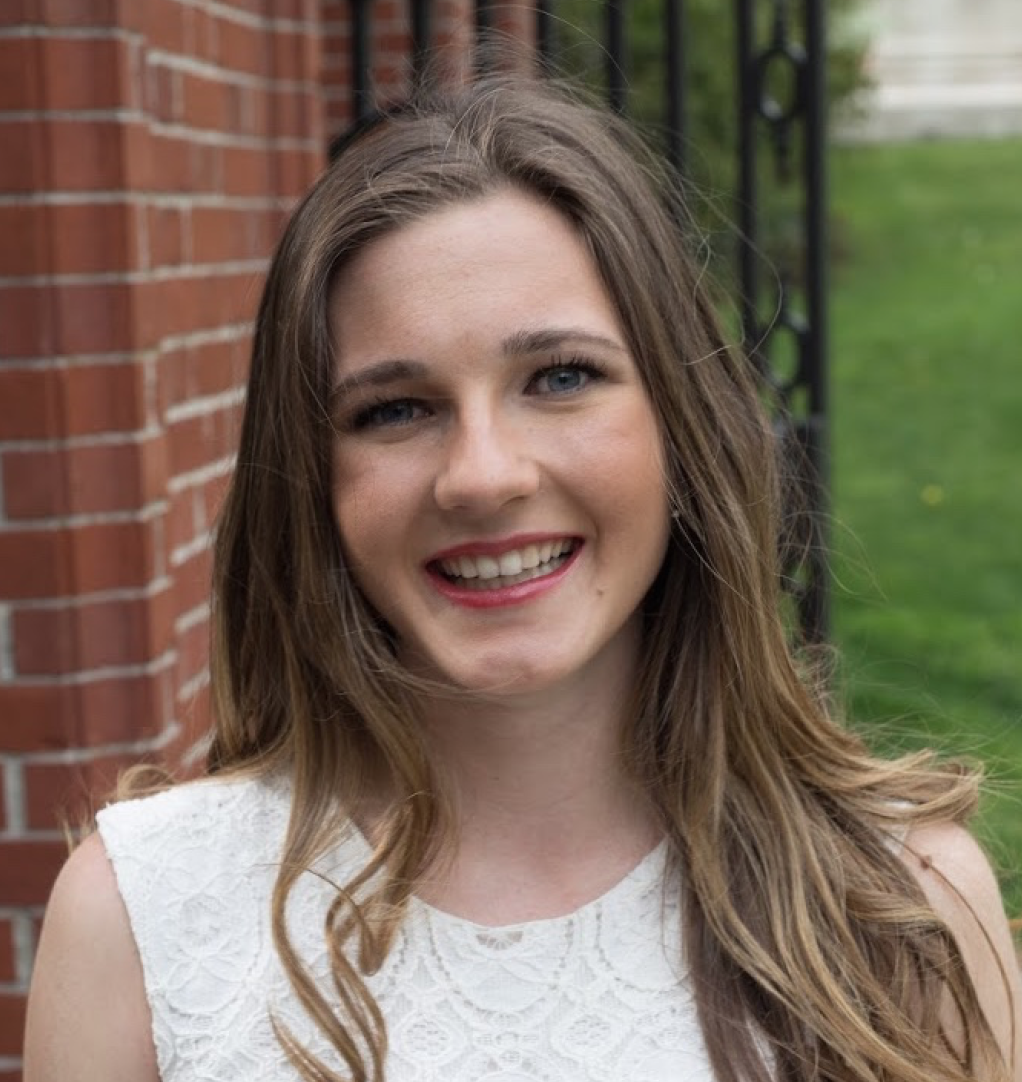
Kiera Peltz
- Alumni
- United States
- 2017 MPhil Sociology (Political and Economic Sociology)
- Murray Edwards College (New Hall)
I am passionate about understanding how we can create happier societies, insofar as I seek to comprehend how our political, economic, and social institutions can be shaped to ensure individuals can pursue happiness. Ultimately, I aspire to advocate for happiness to be a central objective of government and to use happiness research to create public policies. As an undergraduate at Brown University, I developed an independent major in Happiness, which spanned eight fields of study and explored the individual and societal nature of happiness. Coupled with a second major in Political Science, I spent my undergraduate examining the politics of happiness, culminating in my honors senior thesis, which analyzed why the current policy-making process in the United States does not make people happier. By pursuing the MPhil in Political and Economic Sociology, I hope to deepen my understanding of how political and economic institutions impact societal wellbeing. Specifically, I will explore how political and economic institutions exacerbate or minimize status inequality, a key determinant of happiness inequality. By rooting happiness in a sociological context, and thus studying the structural nature of happiness, I hope to leave Cambridge with a more robust understanding of how we can make our environment conducive to the pursuit of happiness.
Previous Education
Brown University
Zhenwei Peng
- Alumni
- China
- 2009 PhD Earth Sciences
- Jesus College
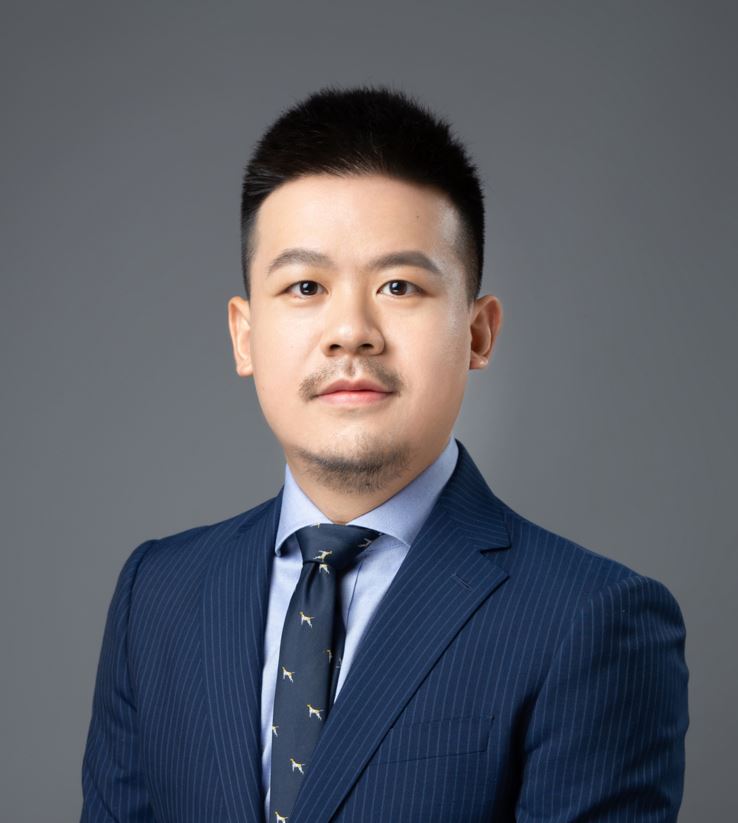
Zhenwei Peng
- Alumni
- China
- 2009 PhD Earth Sciences
- Jesus College
My research is about how the crystallographic structure of iron-nickel alloy, its mechanical properties and phase transition vary with temperature, pressure, chemical composition and other conditions. I am trying to investigate those property variations by high temperature experiments, theoretical calculation and computational modeling. The motivation of this project is related to the fact that the Earth's inner core is believed to be formed mainly by the same alloy. It is therefore vital to understand the working of our planet, because all the globe-scale changes, such as earthquakes, are more or less related to the interior activities of our planet.
Stephen Pepper
- Alumni
- United States
- 2018 PhD Divinity
- St John's College
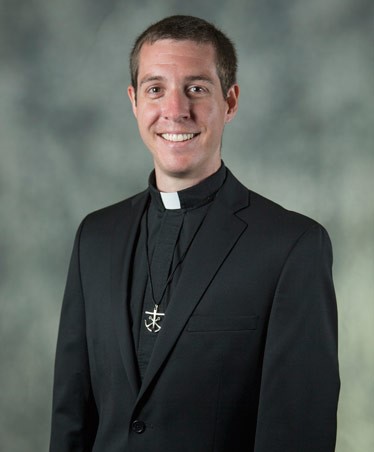
Stephen Pepper
- Alumni
- United States
- 2018 PhD Divinity
- St John's College
A question overtook me during a drive through the Pennsylvania Wilds in 2015. How might people in life situations of “exile” have access to theology and literature itself conceived out of exile? Thus, a passion for Dante that had begun during my first year of seminary at the University of Notre Dame developed into a weekly Dante study group at my local prison in northeast PA, and through my exposure to the lives and hopes of these inmates over the course of two years, I began to see how Dante could be used to explore the fundamental structures of and possibilities for human unity, even in the midst of fragmentation and isolation. My research in the Faculty of Divinity will formalize this exploration by tracing the theological and metaphysical participation traditions in which Dante stands, delimiting his understanding of the inter-relationality among divine and human nature(s), and applying the systematic consequents of his theology of participation to new ways of thinking about social modalities, wherein pluralities of valuation and reasoning may cohere to address the anomies of our own day. As a Roman Catholic priest from a military family in Alabama, I am humbled to be part of the Gates community and eager to gain from it a deepening respect for the versatility of human goodness.
Previous Education
Seton Hall University
University of Notre Dame
Stephen Peppin
- Alumni
- Canada
- 2001 PhD Applied Mathematics
- Trinity College

Stephen Peppin
- Alumni
- Canada
- 2001 PhD Applied Mathematics
- Trinity College
Jose Ignacio Perez Lopez
- Scholar
- Spain
- 2024 PhD Chemistry
- King's College
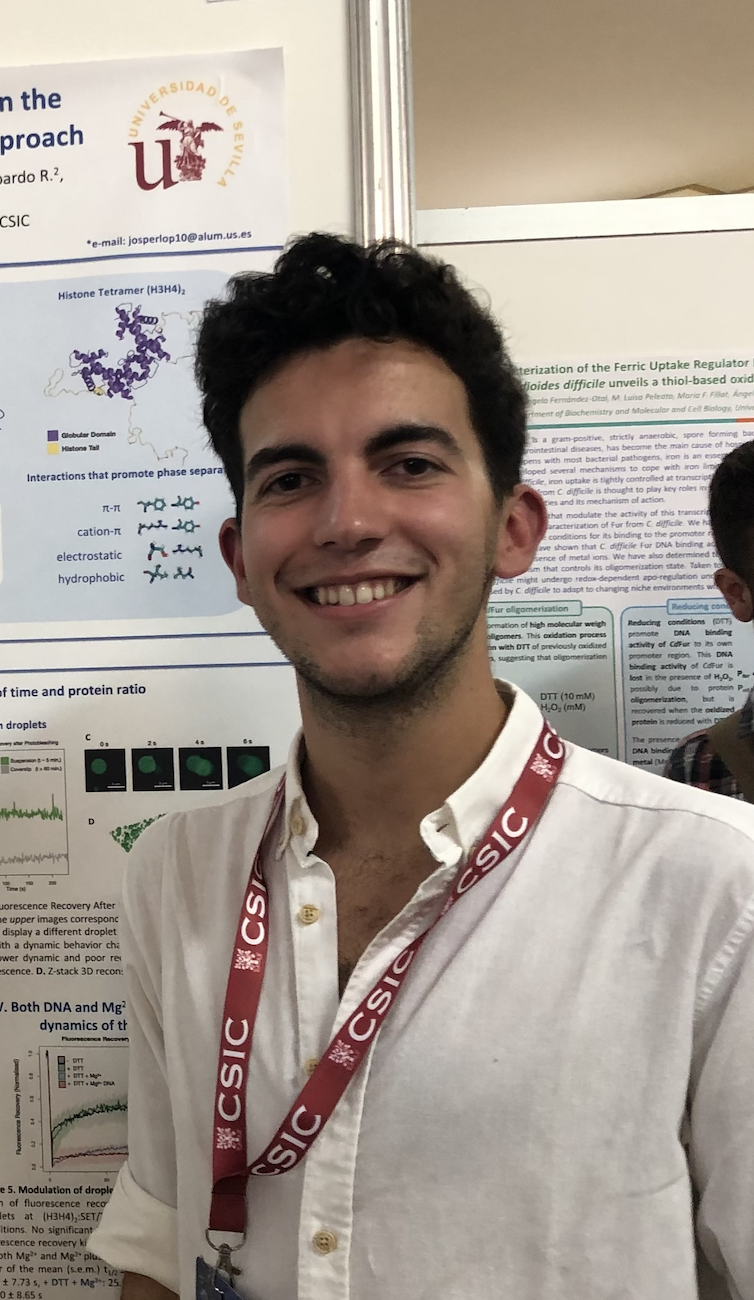
Jose Ignacio Perez Lopez
- Scholar
- Spain
- 2024 PhD Chemistry
- King's College
I am from Seville, a city in the south of Spain. I started my academic journey at the University of Seville, where I completed a BSc in Biochemistry and a Master's in Molecular Genetics. During this time I was mesmerised by the complexity of life at the molecular level. I am particularly fascinated by the mechanisms Eukaryotic cells use to store their genetic information in the cell nucleus. Throughout my PhD, I seek to understand one of the great marvels of physical chemistry, how our meter-long DNA manages to condense dramatically to fit into the micrometre cell nucleus. This is an open question with huge implications for human health as it regulates how genes work. This question needs the lenses of physical chemistry to be solved. For this reason, the application of chromatin multiscale computational models—able to link the individual nucleosome behaviour to the whole chromatin organization—will help us to understand the basis of chromatin material properties.
Previous Education
Universidad de Sevilla MSc Molecular Genetics 2024
Universidad de Sevilla BSc Biochemistry 2023
Mariana Perez Saad Duque
- Scholar
- Portugal
- 2022 PhD Genetics
- Gonville and Caius College
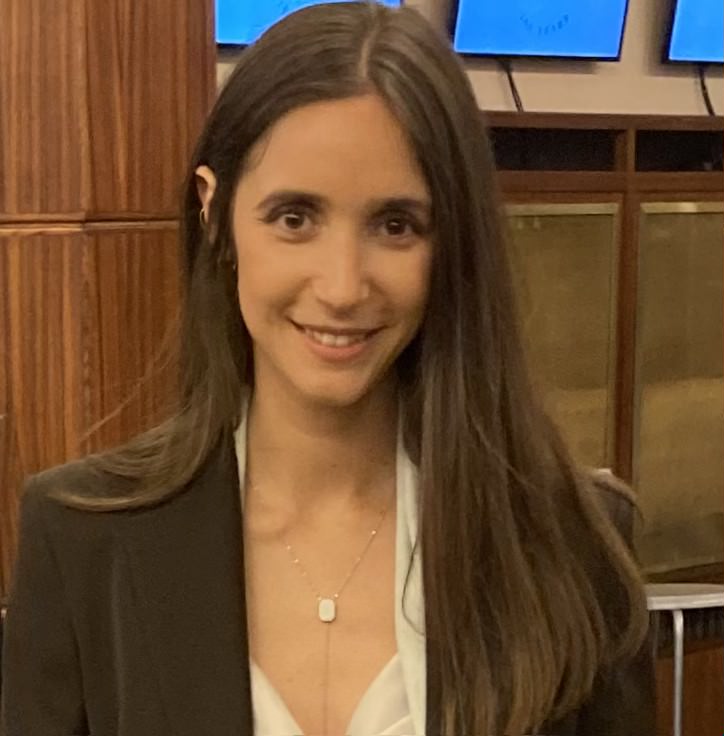
Mariana Perez Saad Duque
- Scholar
- Portugal
- 2022 PhD Genetics
- Gonville and Caius College
I am passionate about infectious diseases and its dynamics. My career has led me from studying medicine in Portugal to working in humanitarian emergencies with Médecins Sans Frontières in Brazil and Yemen. As a specialist medical doctor in Public Health and travel medicine, and an infectious disease epidemiologist my research goal is to improve our understanding of infectious diseases, to comprehend the effect of interventions on the transmission and populations, and our ability to predict disease dynamics. I will work on chikungunya, a viral disease that is transmitted through mosquitoes, which puts 3.6 billion people at risk throughout South and Southeast Asia, Africa, and South America. Infection can lead to severe complications that can last for months. Moreover, chikungunya epidemics are often explosive resulting in many infections. Despite the significant burden of disease, there remains a poor understanding of the disease dynamics. At the University of Cambridge, I will work in the Pathogen Dynamics Group and I will clarify the spatiotemporal distribution, as well as the ecological and evolutionary dynamics of chikungunya infections, focusing on the Asian continent.
Previous Education
Harvard Medical School Clinical Research 2021
Universidade Nova de Lisboa Public Health 2019
Luis Perez
- Alumni
- El Salvador
- 2011 PhD Latin American Studies
- St Catharine's College
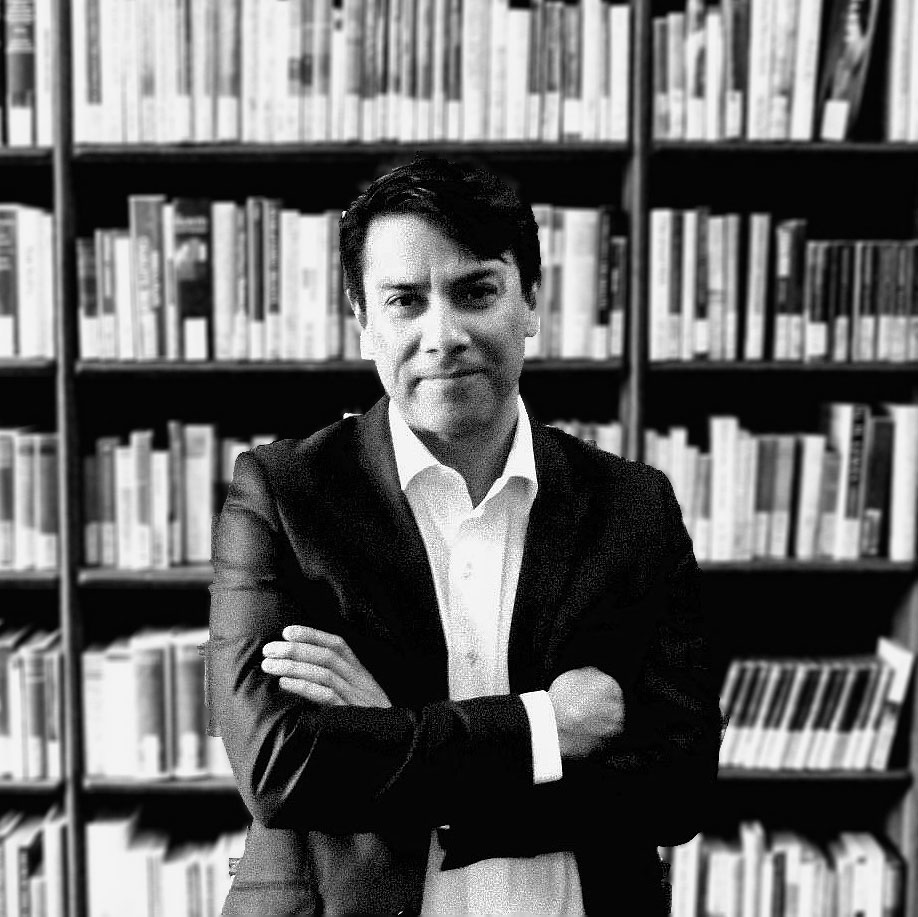
Luis Perez
- Alumni
- El Salvador
- 2011 PhD Latin American Studies
- St Catharine's College
HE professional with over fifteen years of teaching and research experience in human geography and the humanities. Additionally, nearly a decade of experience in the coordination and management of international educational programs, research agendas, and development projects with significant budget, human resource management, and logistical responsibilities.
Previous Education
Princeton University MA Latin American Literatures and Cultures 2005
Portland State University MA Francophone Literatures and Cultures 1998
Portland State University MA Catalan Literature 1998
Marina Perkins
- Alumni
- United States
- 2018 PhD French
- Jesus College

Marina Perkins
- Alumni
- United States
- 2018 PhD French
- Jesus College
I was introduced to the Essais of Michel de Montaigne, the sixteenth-century French pioneer of the personal essay, during the Comparative and European Literatures MPhil course at Cambridge. As an undergraduate at Brown University, I had double concentrated in Comparative Literature and Art History, and found productive intersections between the two fields of study. I therefore was drawn to the simultaneously interdisciplinary and coherent nature of Montaigne’s oeuvre. He explores a diverse range of topics, including but not limited to bodily functions, education, sexuality, religion, the classics and friendship. Nevertheless, the Essais are unified by their author’s tendency to reserve judgment and question assumptions, and by his preoccupation with the vehicle he employs to convey his ideas: words, and the palpable yet contingent force they exercise over the physical and social world. In my PhD, I plan to explore this theme in Montaigne, and its implications for diplomacy and justice. I have spent the last two years teaching high school history, and hope that underscoring the stakes of communication through instruction in the humanities will foster more civil discourse on a local and global scale. I am thrilled to join the 2018 Gates cohort.
Previous Education
Brown University
University of Cambridge
Robert Perrons
- Alumni
- Canada
- 2001 PhD Engineering
- Fitzwilliam College

Robert Perrons
- Alumni
- Canada
- 2001 PhD Engineering
- Fitzwilliam College
Rob is currently a Professor of Technology Management and Strategy at the Queensland University of Technology in Brisbane, Australia. Prior to this, he worked in a wide variety of roles and locations for Shell International’s Exploration & Production division, and served as the company's Executive Coordinator of Global R&D. Rob is a Fellow of both the UK's Institution of Mechanical Engineers (IMechE) and Engineers Australia, and is chartered as a Eur. Ing. in Europe. In addition to his position at QUT, Rob is a member of the United Nations' Expert Group on Resources and Energy, and serves the Australian Government on an ad hoc basis as a member of their Expert Network. He was also named as a Fulbright Scholar in 2020. Born and raised in Canada, Rob lives in the Brisbane area with his three sons.
Previous Education
Massachusetts Institute of Technology SM Technology and Policy Program 1997
McMaster University B.Eng Mechanical Engineering 1995
Jocelyn Perry
- Alumni
- United States
- 2015 MPhil International Relations & Pols
- Corpus Christi College
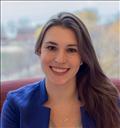
Jocelyn Perry
- Alumni
- United States
- 2015 MPhil International Relations & Pols
- Corpus Christi College
At the University of Pennsylvania, I studied International Relations, Hispanic Studies, and African Studies, and had the opportunity to travel and work throughout Asia and South America. My undergraduate research focused on conflict-related sexual violence and whether the manipulation of ethnic identity influenced the prevalence of sexual violence in conflict zones. Following this, I worked for the American Red Cross of Greater Chicago as a disaster responder, and then at Public Narrative, a local nonprofit organisation that works to amplify underrepresented voices and stories in the media and public discourse to bring about positive change in Chicago communities. At Cambridge, I hope to combine my academic and 'practical' interests and experiences to study political engagement, identity, and forms and concepts of protest in Africa’s Great Lakes region. I hope to learn about the construction of inclusive systems of governance, particularly in post-conflict societies, and to apply this knowledge to advocate for the rights of marginalized populations throughout my career.
Previous Education
University of Pennsylvania








